Chronic stress affects mental and physical health in significant ways and can lead to burnout, anxiety, and even serious health issues if left unmanaged. However, there are practical ways to alleviate chronic stress without making drastic changes to your life. Small, intentional adjustments to your daily habits can reduce stress and improve your overall well-being. From practicing mindfulness to pursuing hobbies, this guide outlines ten simple yet effective lifestyle changes that can help you regain balance and lead a healthier, more relaxed life.
Practice Mindfulness
Practicing mindfulness daily is a powerful way to relieve chronic stress and become more empathetic. Mindfulness involves being fully present in the moment without judgment, which can be accomplished through practices such as meditation, deep breathing, or mindful awareness of your surroundings. Spend just a few minutes each day focusing on your breath or engaging in a guided meditation to calm your mind. This practice helps reduce anxiety, increase focus, and create an experience of stability for your existence. With regular effort, mindfulness can specifically dress up your chances of dealing with stress and keeping a fantastic mindset.
Engage in Regular Physical Activity

Regular physical activity is one of the most effective methods for combating stress and improving both mental and physical health. Aim to engage in at least 30 minutes of exercise, three to five times a week, to enjoy its full benefits. Activities like walking, dancing, swimming, or yoga not only keep your body fit but also release endorphins, which are natural mood boosters. Choose exercises you genuinely enjoy to ensure the routine is sustainable and satisfying. Over time, this habit can increase your energy levels, reduce tension, and provide a healthy outlet for managing stress.
Simplify Your Schedule

Simplifying your schedule is a key step toward reducing ongoing stress and regaining control over your time. It’s important to learn to say “no” and to avoid giving in to obligations and commitments that can stress you out. Prioritize what matters most by identifying your most critical commitments and delegating less important tasks whenever possible. By doing what is necessary, you can limit time pressure and create extra space in your day for rest and relaxation. A streamlined agenda not only enhances productivity but also helps you live a healthier, more balanced lifestyle.
Cultivate Healthy Eating Habits
Adopting healthy eating habits can significantly impact your stress levels and overall well-being. Focus on consuming balanced meals that include plenty of fruits, vegetables, whole grains, lean proteins, and healthy fats. These nutrient-dense foods provide your body with the energy and support it needs to cope with stress. Additionally, limit your intake of caffeine, sugar, and processed foods, as they can contribute to mood swings and energy crashes. Making small, consistent changes to your diet can improve both your physical health and mental clarity, helping you better manage stress over time.
Connect with Others
Building and maintaining strong relationships is essential for alleviating chronic stress and fostering emotional well-being. Spending quality time with family and friends provides a sense of belonging and support, which can help you navigate challenging times. Whether it’s sharing a meal, having meaningful conversations, or engaging in fun activities together, these moments strengthen your connections and provide emotional relief. Additionally, consider joining a support group or community where you can share experiences with others facing similar challenges. Feeling understood and supported can significantly reduce stress and create a more positive outlook on life.
Practice Gratitude
Practicing gratitude is a simple yet powerful way to shift your mindset and alleviate stress. Keeping a daily gratitude journal allows you to reflect on the positive aspects of your life, no matter how small they may seem. Write down at least three things you’re thankful for each day, whether it’s a kind gesture, a beautiful sunset, or personal achievements. This habit trains your brain to focus on the good, fostering a more optimistic and resilient attitude. Over time, gratitude can enhance your emotional well-being and help you manage stress with greater ease.
Take Breaks During the Day
Incorporating short breaks into your daily routine is essential for managing stress and maintaining productivity. Stepping away from work or responsibilities, even for just a few minutes, allows your mind and body to recharge. Use these breaks to stretch, hydrate, or engage in a calming activity like listening to music or taking a walk. Spending time in nature during your breaks can be especially beneficial, as it promotes relaxation and reduces mental fatigue. Regularly pausing throughout the day helps prevent burnout and ensures you stay focused and energized.
Limit Screen Time
Limiting screen time is a practical way to reduce stress and improve overall well-being. Excessive use of phones, computers, and TVs, especially before bedtime, can disrupt sleep and increase feelings of overwhelm. Establish boundaries by designating “no-screen zones” in your daily routine, such as during meals or the hour before sleeping. Instead, use this time to engage in offline activities like reading, journaling, or spending time with loved ones. By reducing screen time, you can create a more balanced lifestyle and foster better mental and physical health.
Pursue Hobbies and Passions
Dedicating time to hobbies and passions is a fulfilling way to alleviate chronic stress and enhance your quality of life. Engaging in activities that bring you joy, such as painting, gardening, or playing music, allows you to disconnect from daily pressures and focus on something that nourishes your soul. Hobbies also provide a sense of accomplishment and can boost creativity and self-expression. Whether it’s trying a new skill or revisiting an old passion, prioritizing time for leisure activities fosters relaxation, improves mood, and adds a positive dimension to your routine.
Read more: Science-Backed Ways to Relieve Work-from-Home Stress
Conclusion
Alleviate chronic stress doesn’t require a complete overhaul of your life—small, consistent changes can make a profound difference. By incorporating practices like mindfulness, regular exercise, and gratitude into your routine, you can build resilience and improve your overall well-being. Simplifying your schedule, connecting with loved ones, and dedicating time to hobbies can further enhance your sense of balance and joy. These ten lifestyle changes are not just stress-management tools; they are steps toward a healthier, more fulfilling life. Start small, stay consistent, and experience the lasting benefits of a calmer, more centered you.
We might recomend helpful products and if you buy through our links ,we may earn a commssion.
We might recomend helpful products and if you buy through our links ,we may earn a commssion.




